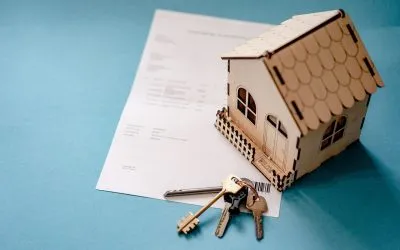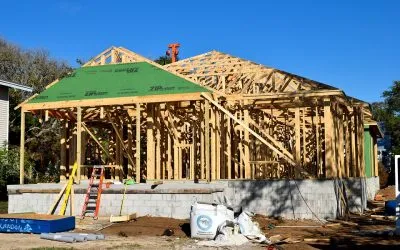With an estimated 75,500 homeless individuals in Los Angeles County, the Los Angeles mayor is calling upon “the most fortunate” to donate to a new housing program called LA4LA. The mayor stated that the program’s success will depend on the “humanity and generosity of the private sector.” The mayor is counting on altruism—self-sacrifice for others—to end homelessness in Los Angeles.
What is the moral code of altruism? The basic principle of altruism is that man has no right to exist for his own sake, that service to others is the only justification of his existence, and that self-sacrifice is his highest moral duty, virtue and value.
Do not confuse altruism with kindness, good will or respect for the rights of others. These are not primaries, but consequences, which, in fact, altruism makes impossible. The irreducible primary of altruism, the basic absolute, is self-sacrifice—which means; self-immolation, self-abnegation, self-denial, self-destruction—which means: the self as a standard of evil, the selfless as a standard of the good.
Do not hide behind such superficialities as whether you should or should not give a dime to a beggar. That is not the issue. The issue is whether you do or do not have the right to exist without giving him that dime. The issue is whether you must keep buying your life, dime by dime, from any beggar who might choose to approach you. The issue is whether the need of others is the first mortgage on your life and the moral purpose of your existence. The issue is whether man is to be regarded as a sacrificial animal. Any man of self-esteem will answer: “No.” Altruism says: “Yes.” [Ayn Rand, “Faith and Force: The Destroyers of the Modern World,” Philosophy: Who Needs It, 61]
One of the chief weapons used by the advocates of altruism is guilt. Because nearly everyone embraces altruism as the moral ideal, altruism’s advocates frequently use guilt to motivate individuals to sacrifice. The mayor is counting on the wealthy to feel guilty for not participating in what she calls an “unprecedented partnership.” She is counting on them to feel guilty for not donating their “fair share.”
While many will succumb to the mayor’s call for sacrifice, at least one California resident wants no part of it. Model Kristen Louelle Gaffney is moving to Tennessee, in part because of LA4LA. Gaffney said that she has “had to struggle and to create my own opportunities through hard work and education. Why should somebody have a piece of my hard work?” The answer offered by altruists is: she has a moral duty to sacrifice for others.
Gaffney did not explicitly reject altruism. Indeed, she went on to say that single mothers, veterans, and the elderly should be targeted for government programs that help the homeless. However, she did assert her right to the wealth she has earned, and she deserves credit for that. She recognizes the fact that nobody has a claim to her money.
LA has spent billions attempting to address the city’s homelessness problem, and yet the number of homeless continues to grow. Altruism hasn’t ended homelessness because altruism can’t end homelessness.
At the most fundamental level, the affordable housing crisis, of which homelessness is a part, is an issue of supply. The demand for low-cost housing far exceeds the supply. The solution to a supply shortage isn’t more sacrifice. The solution is more production. The solution is to free housing producers so that they can build the housing that Californians want and need.
A primary cause of the outrageous cost of housing in California (along with everything else) is the state’s draconian regulatory regime. Land-use and environmental regulations prohibit or greatly restrict development on much of the land in the state, particularly along the coast. Single-family zoning makes it impossible to build higher density housing, i.e., affordable housing, in most urban and suburban neighborhoods.
But’s LA’s mayor says nothing about repealing the regulations that make it impossible to build affordable housing. Instead, she wants another government program founded on altruism. Like all such programs, LA4LA will be a colossal failure because altruism can’t end homelessness.




